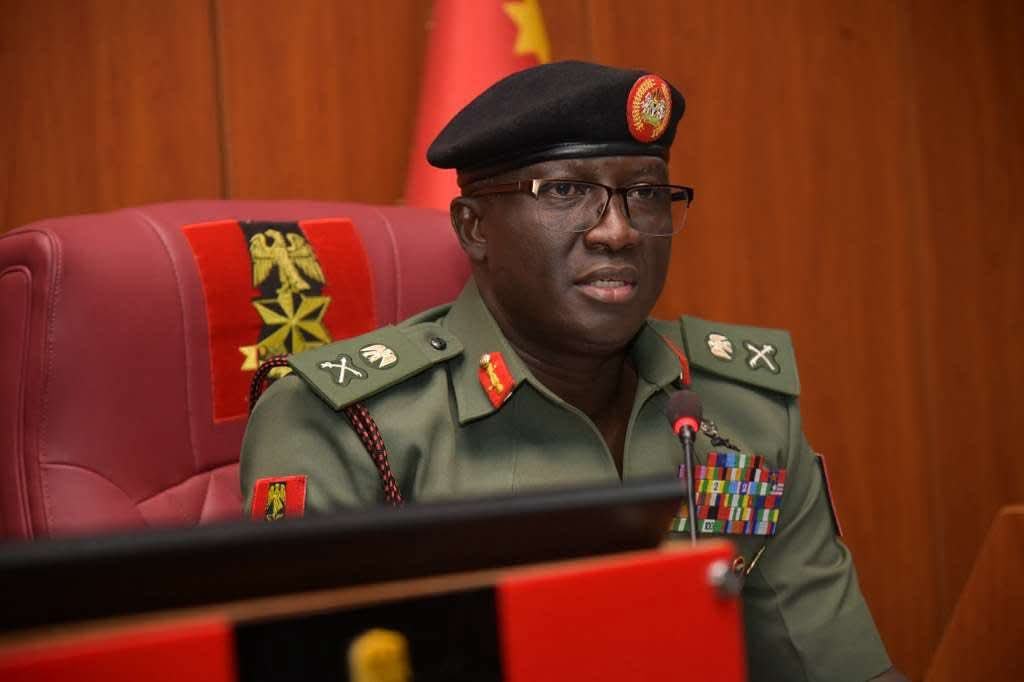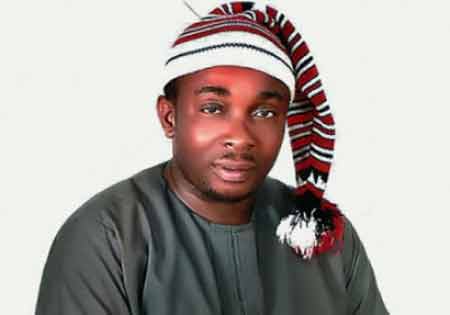President Bola Tinubu, yesterday, charged the leadership of the Economic Community of West African States (ECOWAS) to designate the stealing of mineral resources from the region as an international crime.
The President also called on global leaders to shun trade in stolen resources from West Africa. Tinubu made the call at the 2025 yearly General Assembly of the Network of Anti-corruption Institutions in West Africa (NACIWA), held in Abuja.
The President, represented by the Secretary to the Government of the Federation (SGF), George Akume, observed that recovery of stolen assets is at the core of the region’s fight against corruption, lamenting that West Africa’s post-independence economic and political trajectory has been blighted by corruption manifest in the theft and stashing of countries’ resources abroad by corrupt officials.
“Even now, illicit outflows remain an odious miasma. Stealing of mineral resources is on the rise in the region, fuelling the proliferation of small arms and light weapons and other violent crimes, such as kidnapping and banditry. These have exacerbated our security challenges and worsened the development outlook of the region,” he said.
“I believe that the time has come for ECOWAS to designate resource theft (illegal mining and stealing of minerals in the region) as an international crime that threatens the stability of the region, and galvanises the world against trade in stolen minerals from West Africa”, he added.
He, however, urged collaborations through a multi-state and multi-stakeholders platform like NACIWA to harness regional efforts against corruption and its manifestations.
Meanwhile, the President told the gathering that his administration is committed to ensuring that recovered stolen assets become an enabler of growth and an instrument for social inclusion.
In a special remark, the Attorney-General of the Federation (AGF) and Minister of Justice, Lateef Fagbemi (SAN), noted that the theme of the AGA,
“A United ECOWAS Against Corruption,” speaks to the heart of Africa’s struggle for integrity, development, and dignity.
Fagbemi, who said that corruption is not confined by national or territorial borders, but flows like water, always finding the weakest cracks, tated that the menace could be tackled through a joint effort.
He, however, identified challenges, such as uneven laws on asset recovery, weak cooperation on mutual legal assistance, gaps in judicial collaboration, limited funding and independence for anti-corruption bodies, and political interference in sensitive cases. He, therefore, called on the member-states to ratify, implement, and enforce ECOWAS anti-corruption and asset recovery protocols without delay.
In a welcome address, NACIWA’s President, Ola Olukoyede, who is Chairman of the Economic and Financial Crimes Commission (EFCC), observed that the AGA provides an occasion to reflect on the region’s collective journey, assess achievements, and draw lessons from experiences since the current executive committee assumed office in 2022.






